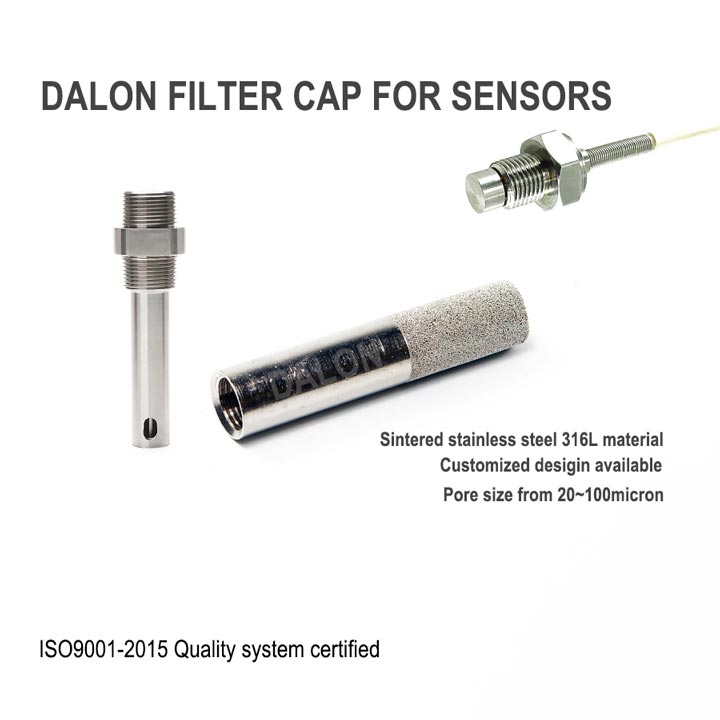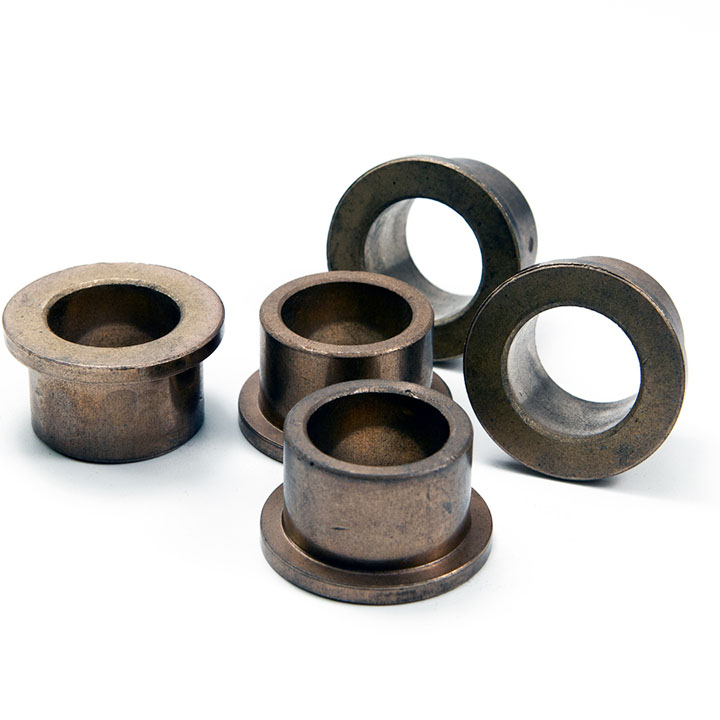the key signs that your 316L sintered ring filter (3×46×2mm, 3µm) is damaged and requires replacement, not just cleaning:
1. Physical Damage
- Cracks/Fractures: Visible hairline cracks (use a 10x magnifier).
- Deformation: Bent, warped, or flattened shape (indicates mechanical stress).
- Pitting/Corrosion: Rough surface texture or reddish-brown spots (chloride/acid attack).
2. Performance Failure
- Irreversible Clogging:
- Flow rate remains <50% of baseline after multiple cleanings.
- Backpressure stays >15 psi above normal despite cleaning.
- Particle Shedding: Downstream contamination (failed bubble point test).
3. Material Degradation
- Discoloration: Blue/gold tints (overheated) or blackened areas (carbon buildup).
- Thinning Walls: Measured thickness <1.8mm (vs. original 2mm).
4. Test Failures
- Bubble Point Test: If bubbles appear below 80% of the rated pressure for 3µm.
- Integrity Test: Fails ISO 2942 (hydrostatic pressure leak check).
Industry-Specific Red Flags
- Pharma: Failed TOC/swab tests (organic residues persist after cleaning).
- Semiconductor: Elevated metal ions (Ni/Cr) in filtrate (ICP-MS test).
- Chemical Process: Visible etching under microscopy.
Action Guide
| Symptom | Try Cleaning? | Replace? |
|---|---|---|
| High backpressure | ✅ Yes (backflush) | ❌ No |
| Cracked rim | ❌ No | ✅ Yes |
| Flow 30% below baseline | ❌ No (after 3 cleans) | ✅ Yes |
| Green chloride corrosion | ❌ No | ✅ Yes |
Replacement Protocol
- Document Failure: Photo evidence + test data.
- Root Cause: Check for:
- Over-pressure (exceeds 15 bar).
- Chemical incompatibility (e.g., HCl >1%).
- Upgrade Options: Consider:
- Hastelloy for extreme acids.
- Electropolished 316L for ultra-pure apps.
Pro Tip: Keep a spare filter for critical systems—DALON offers same-day shipping for standard sizes.
For failure analysis support, email our tech team with filter photos and operating conditions.



